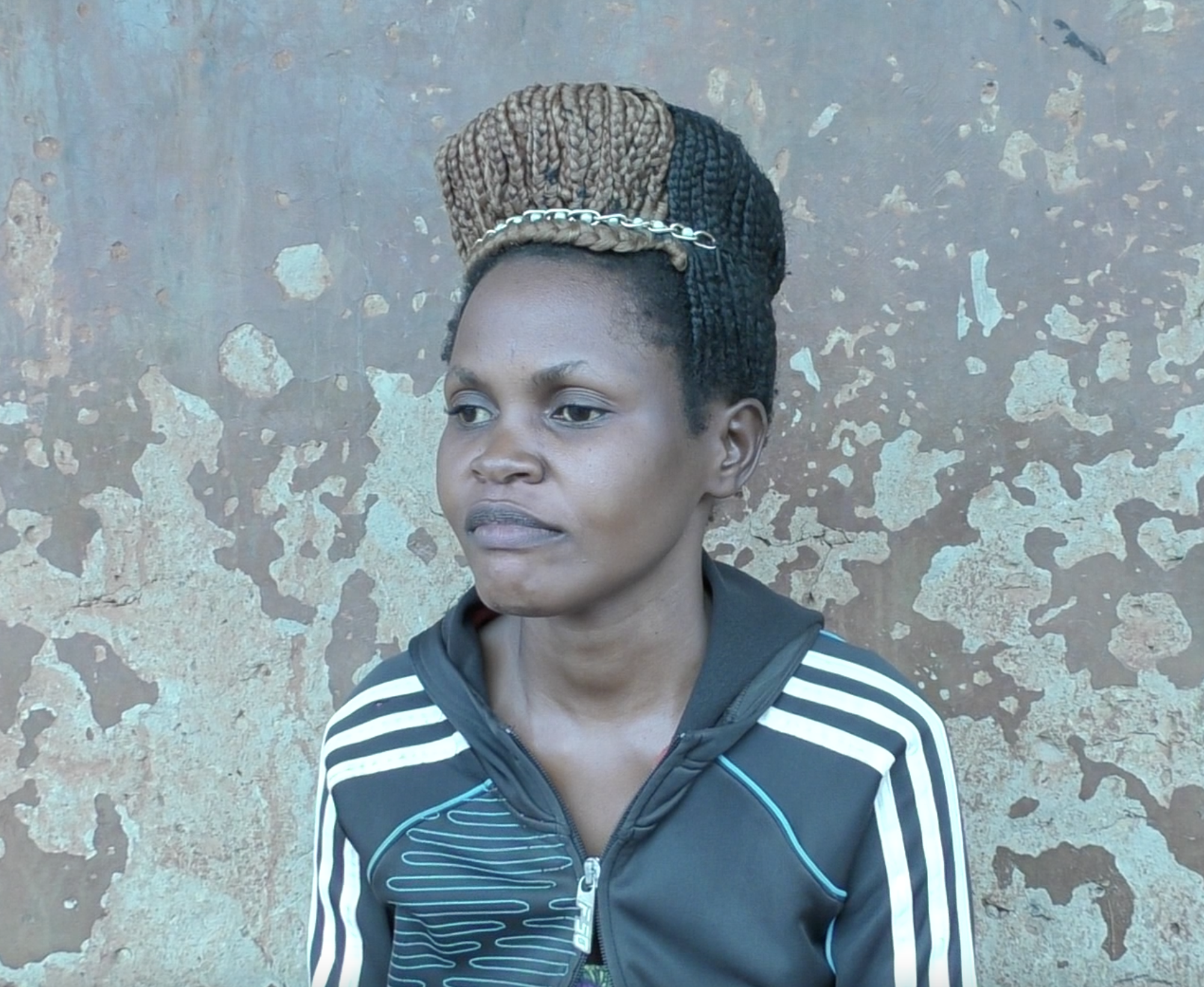
News
Leave No Woman Behind
Play audio version
Disability, Gender, and Employment in Uganda
November 11, 2022
JINJA, Uganda – After Esther Nandego gave birth to her second child, she fell sick. A mother of two, she sought help to aid her in her recovery. “We went to different hospitals, but even upon checking me, the doctors could not see [or] find out what I was suffering from. I was even taken to Mulago Hospital [in Kampala, Uganda], but the disease was still not seen or identified,” she recalls. Eventually, she was given a diagnosis: meningitis. She was taken into surgery after three days of persistent headaches, and when she awoke, she found that she had lost her sight. “That was the last time I ever saw all that there is that the world can offer for one’s sight.”
Nandego worried about the stigma and difficulties that commonly came with being a woman with a disability in Uganda. According to a report published by Human Rights Watch, titled “As if We Weren’t Human’: Discrimination and Violence against Women with Disabilities in Northern Uganda,” Ugandan women with disabilities are more likely to experience sexual violence, abandonment, denial of justice, and barriers to access that include maternal and reproductive health. In Nandego’s village, people also considered those without sight or with other types of disabilities “irrelevant,” making it difficult for Nandego to find work and support herself and her children. She initially made ends meet by plaiting hair, but after becoming blind, business dwindled due to the negative stigma surrounding women with disabilities. Without a steady income, she switched to mat-making as her primary way to make a living.
Another worry came around childcare. Nandego is unmarried and caring for her two small children, a boy and a girl both in primary school. Her children have different fathers who are not involved in their lives. While there are child maintenance laws in Uganda that impose a court order on parents to provide for their children, Nandego says that one of her children’s fathers considers child support a charitable venture that he is not always inclined to provide. Disheartened by this lack of support, this mother turned to the only support system she had in place: her own mother.
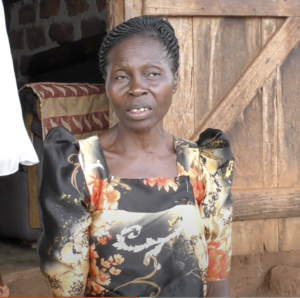
Rose Namulondo offered to provide assistance to Nandego and her children through monetary support. More importantly, she encouraged her daughter to find ways to adapt to her new life and to turn her away from harmful self-talk. “When my mother talked to me and assured me of her support, all my worries vanished in an instance,” says Nandego. With their combined incomes, Nandego and Namulondo are now able to provide the children with schooling: “I survive on the little money I get from people who allow me to plait their hair,” says Nandego, “and my single mother can provide from money she gets from digging [and] clearing people’s gardens.”
Although Nandego and her mother are able to support her children now, she does worry about the future. “My children are wise, and I would like them to continue with their studies,” she says. For now, she focuses on doing what she can to ensure a good life for them. She’s even been able to return to plaiting hair and hopes that she’ll one day own her own salon. “I will be glad if I get someone that can support me, more so in that which I trained for. A salon … and its equipment would really be a dream come true,” says Nandego. “I look forward to realizing this dream someday.”
Claire Joy Moss contributed to this report.
Christine Dhikusooka is the executive director of One Voice Heard 4 Disability Uganda (OVH4DU), a disability rights activist for women with disabilities in Uganda, and a policymaker in local government, representing women with disabilities.
@2022 OVH4DU. All rights reserved.
News From the Global Frontlines of Disability Justice
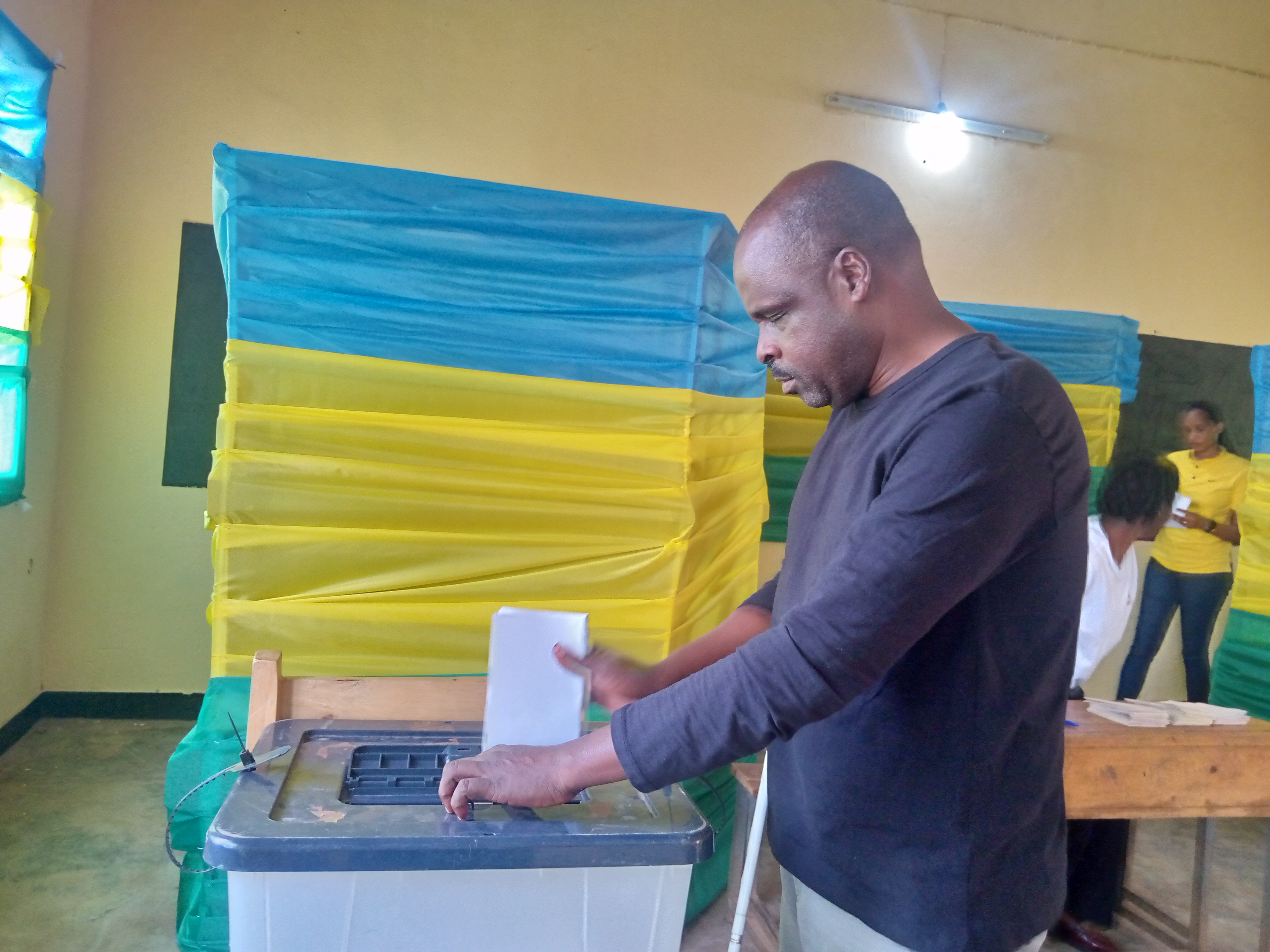
Advancing Democracy
Rwanda has made significant progress in making its elections more accessible, highlighted by the July 15 general elections where notable accommodations were provided. This was a major step forward in disabled Rwandans’ quest for equal rights and participation. “You cannot imagine how happy I am, for I have voted by myself and privately as others do accessibly,” says Jean Marie Vianney Mukeshimana, who used a Braille voting slate for the first time. “Voting is a deeply emotional and meaningful experience for a person with any disability in Rwanda, reflecting a blend of pride, empowerment, and hope.”
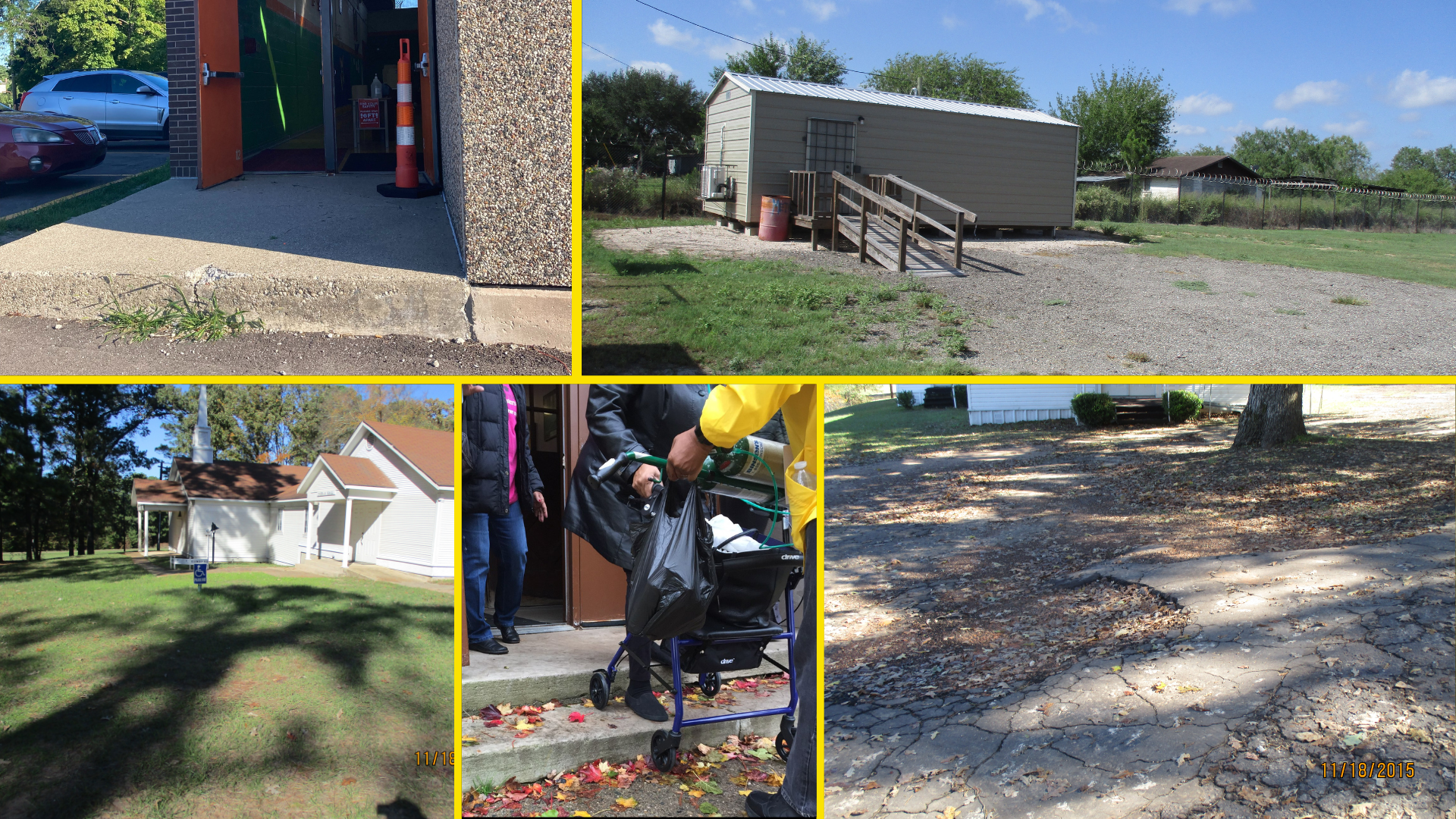
Barriers to the Ballot
Despite legislation like the Americans with Disabilities Act, barriers at the polls still hinder — and often prevent — people with disabilities from voting. New restrictive laws in some states, such as criminalizing assistance with voting, exacerbate these issues. Advocacy groups continue to fight for improved accessibility and increased voter turnout among disabled individuals, emphasizing the need for multiple voting options to accommodate diverse needs. ““Of course, we want to vote,” says Claire Stanley with the American Council of the Blind, “but if you can’t, you can’t.”
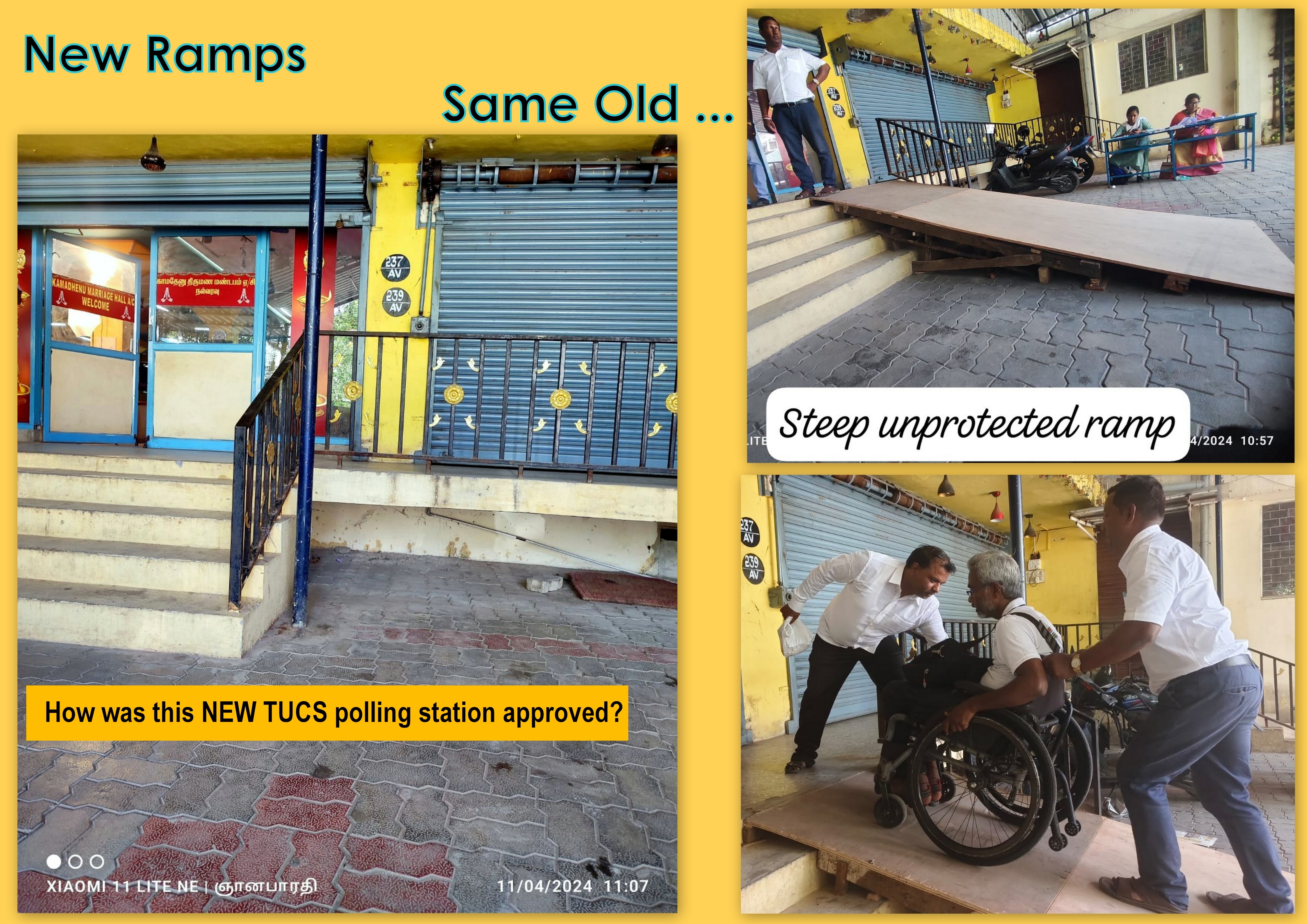
Democracy Denied
In 2024, a record number of voters worldwide will head to the polls, but many disabled individuals still face significant barriers. In India, inaccessible electronic voting machines and polling stations hinder the ability of disabled voters to cast their ballots independently. Despite legal protections and efforts to improve accessibility, systemic issues continue to prevent many from fully participating in the world’s largest democracy. “All across India, the perception of having made a place accessible,” says Vaishnavi Jayakumar of Disability Rights Alliance, “is to put a decent ramp at the entrance and some form of quasi-accessible toilet.”
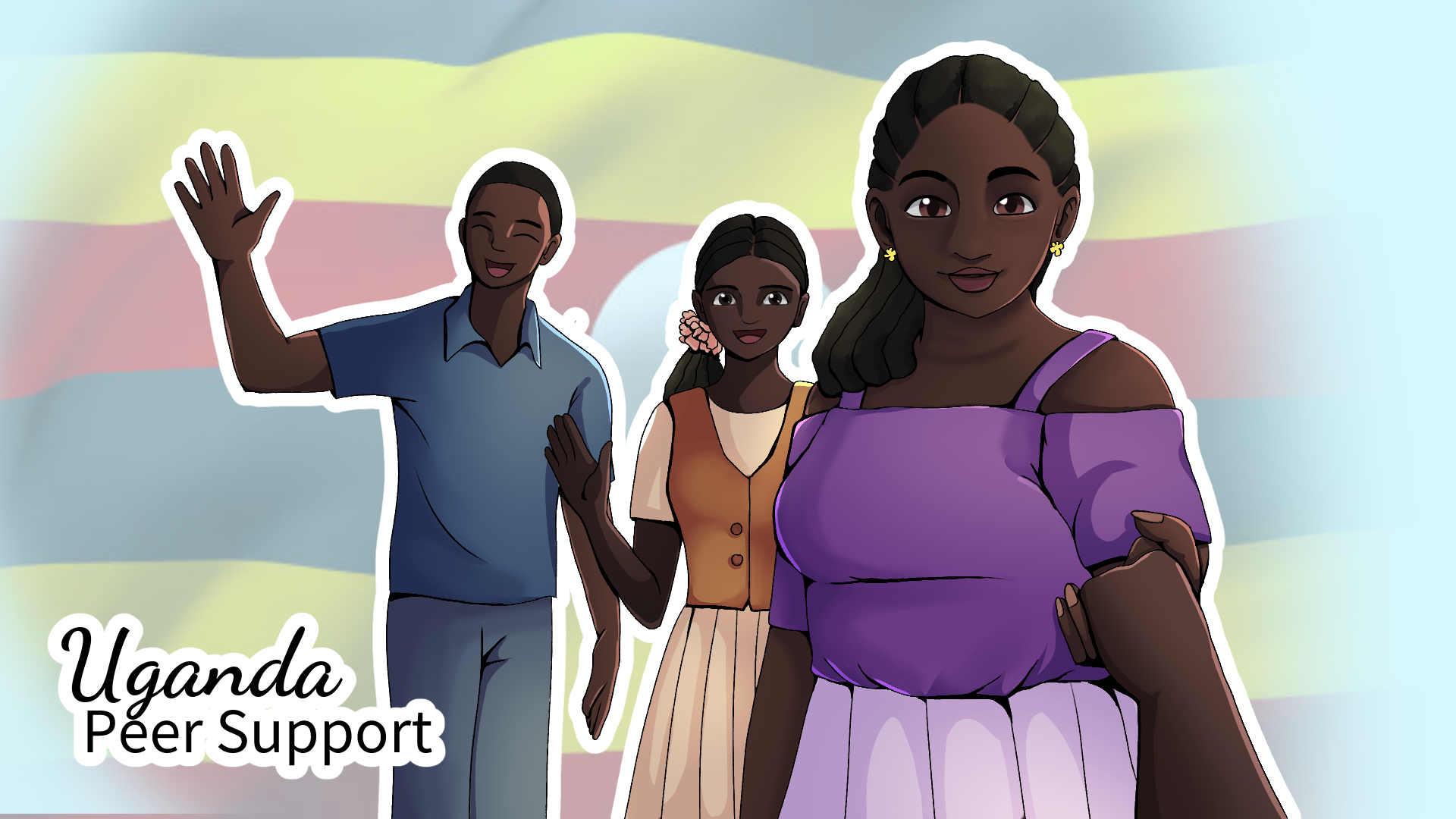
Triumph Over Despair
DJP Fellow Esther Suubi shares her journey of finding purpose in supporting others with psychosocial disabilities. She explores the transformative power of peer support and her evolution to becoming an advocate for mental health. “Whenever I see people back on their feet and thriving, they encourage me to continue supporting others so that I don’t leave anyone behind,” she says. “It is a process that is sometimes challenging, but it also helps me to learn, unlearn, and relearn new ways that I can support someone – and myself.”
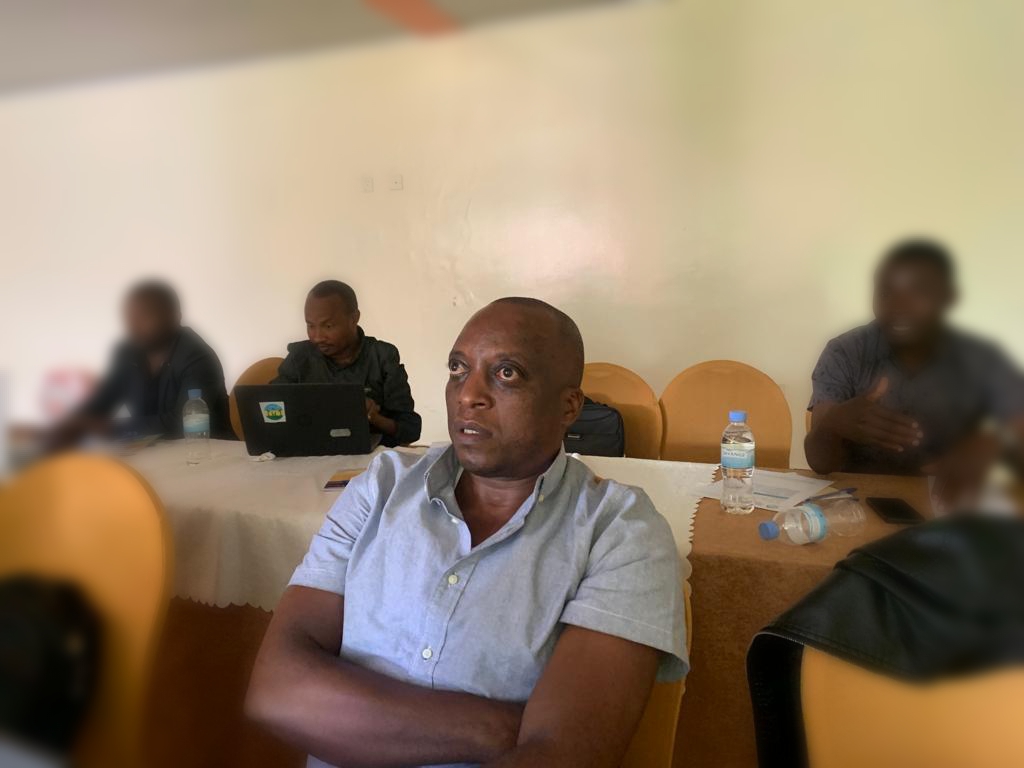
‘Our Vote Matters’
As Rwanda prepares for its presidential elections, voices like Daniel Mushimiyimana’s have a powerful message: every vote counts, including those of citizens with disabilities. Despite legal frameworks like the UN Convention on the Rights of Persons with Disabilities, challenges persist in translating these into practical, accessible voting experiences for over 446,453 Rwandans with disabilities. To cast a vote, blind people need to take a sighted relative to read the ballot. An electoral committee member must be present, violating the blind person’s voting privacy. “We want that to change in these coming elections,” says Mushimiyimana.
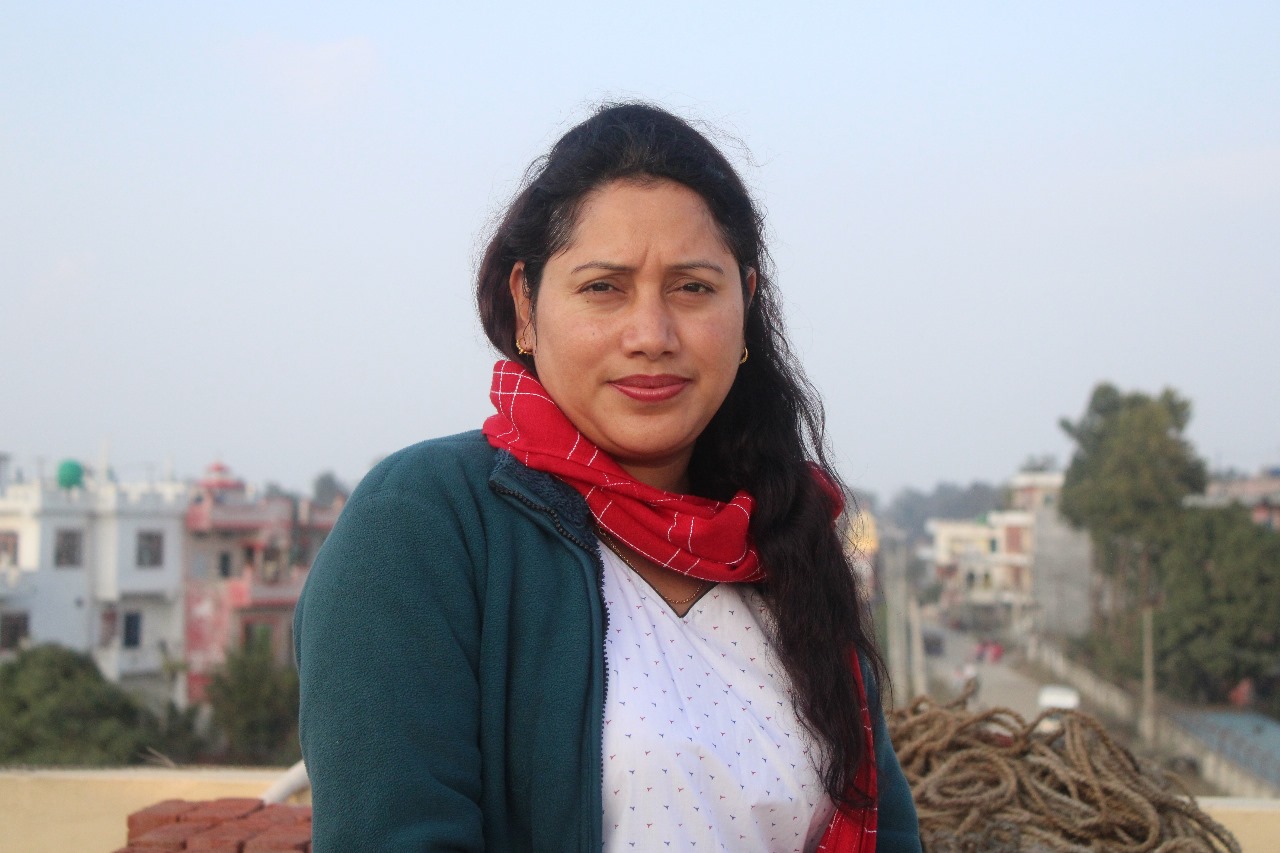
Voices Unsilenced
Often dismissed as a personal concern, mental health is a societal issue, according to Srijana KC, who works as a psychosocial counselor for the Nepali organization KOSHISH. KC’s own history includes a seizure disorder, which resulted in mental health challenges. She faced prejudice in both educational settings and the workplace, which pushed her towards becoming a street vendor to afford her medications. Now with KOSHISH, she coordinates peer support gatherings in different parts of Nepal. “It is crucial to instill hope in society, recognizing that individuals with psychosocial disabilities can significantly contribute,” she says.